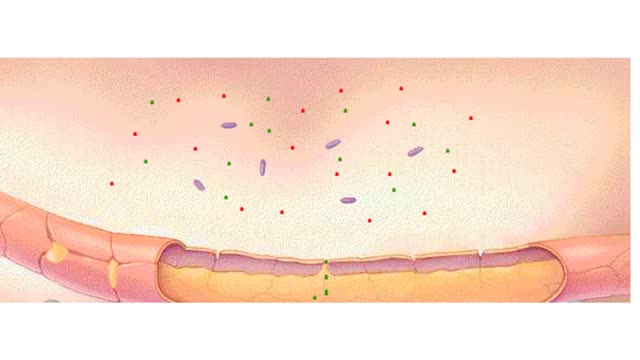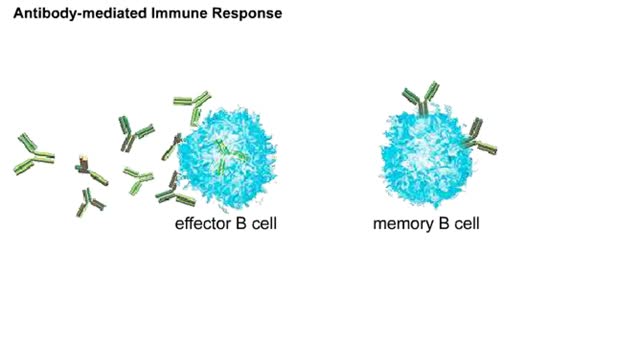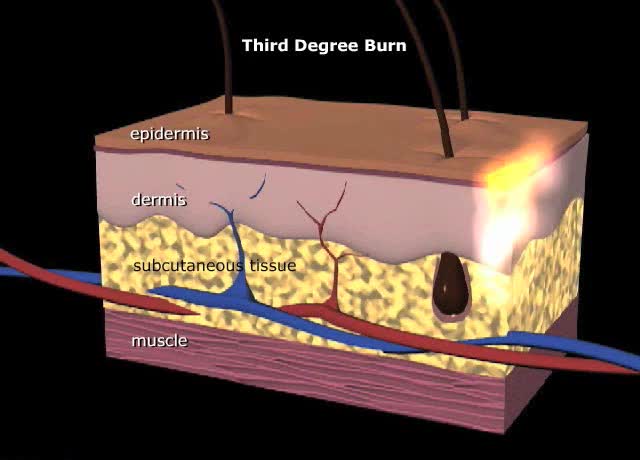Search Results
Results for: 'Peptide Bond Formation Animation'
Inflammatory response Animation
By: HWC, Views: 7628
Any tissue damage or bacterial invasion can bring about inflammation. The inflammatory response can be triggered by an invasion of bacteria, or by a cut or other physical damage to cells. Chemicals, such as histamine, released by the bacteria or damaged cells. accumulate in the tissue. Thes...
Lung Sounds Animation (4 of 5)
By: Administrator, Views: 390
Respiratory rate is regulated by the respiratory center located in the medulla oblongata. Respiratory rates for some different age groups: Newborn 30 – 80/min 1st year 20 – 40/min 5th year 20 – 25/min 15th year 15 – 20/min Adult 12 – 20/min
Lung Sounds Animation (3 of 5)
By: Administrator, Views: 424
Respiratory rate is regulated by the respiratory center located in the medulla oblongata. Respiratory rates for some different age groups: Newborn 30 – 80/min 1st year 20 – 40/min 5th year 20 – 25/min 15th year 15 – 20/min Adult 12 – 20/min
By: HWC, Views: 7926
Overview of interactions in antibody-mediated and cell-mediated immunity Animation The antibody mediated immune response begins when a naive B cell encounters antigens from a pathogen, such as a bacterium. The B cell binds, processes, and displays this antigen. It is now an antigen-presenti...
By: Administrator, Views: 416
The male pelvis is shaped like a funnel, forming a narrower outlet than the female. The bones are generally thick and heavy and more suited for lifting and running.
Lung Sounds Animation (2 of 5)
By: Administrator, Views: 400
Respiratory rates for some different age groups: Newborn 30 – 80/min 1st year 20 – 40/min 5th year 20 – 25/min 15th year 15 – 20/min Adult 12 – 20/min
A Human Karyotype Preparation Animation
By: HWC, Views: 8363
Blood is collected from the person being analyzed. The blood is added to a growth medium that also contains a chemical that stimulates mitosis. The cells are allowed to grow in this medium for two or three days at body temperature. Colchicine is added to arrest cell division at metaphase. T...
By: Administrator, Views: 13804
Anaphylaxis is a serious, life-threatening allergic reaction. The most common anaphylactic reactions are to foods, insect stings, medications and latex. If you are allergic to a substance, your immune system overreacts to this allergen by releasing chemicals that cause allergy symptoms.
Advertisement











